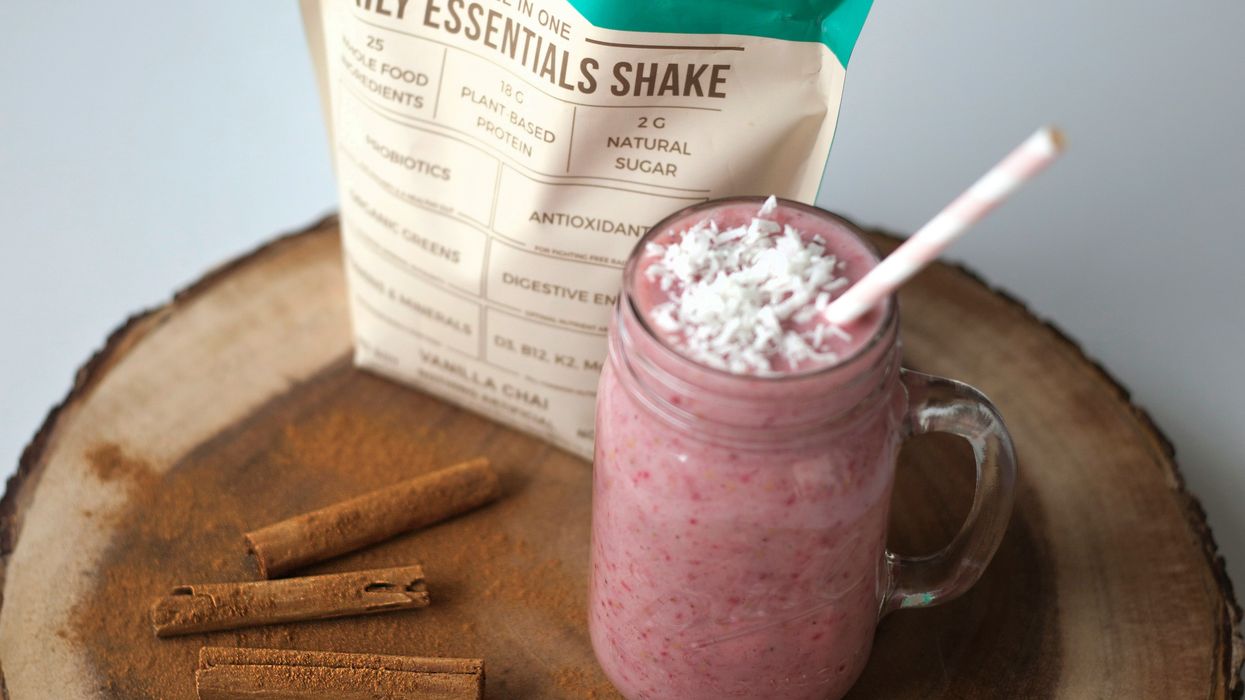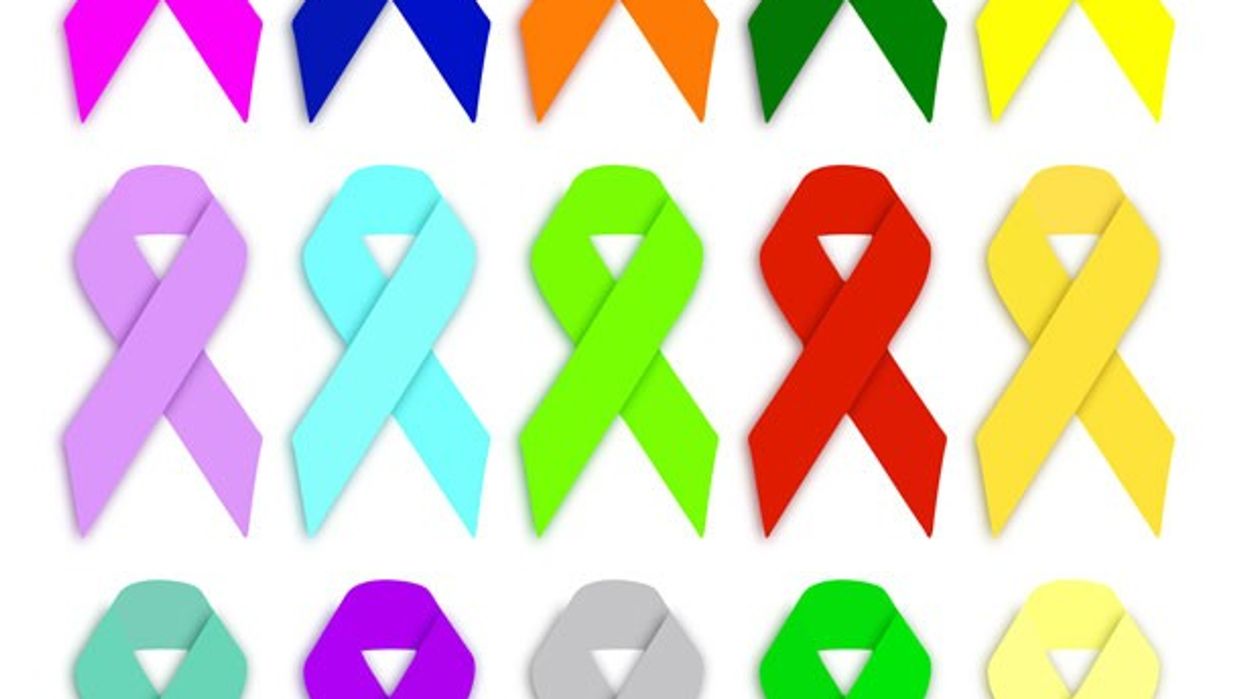“A person who has their health has a thousand dreams. A person who is unhealthy has but one.”
Health is the foundation upon which all dreams are built. Without it, aspirations fade, replaced by the singular desire to regain what has been lost. Nowhere is this more relevant than in the African American community, where systemic barriers, economic disadvantages, and a toxic food supply fuel a crisis of diet-related diseases that shackle generations to illness and dependency.
The Hidden Dangers in Processed Food
Our food supply is loaded with ingredients that strip away vitality. Sugars, salt, corn, soy, gluten, peanuts, and dairy — these processed staples wreak havoc over time. High fructose corn syrup, refined flours, and hydrogenated oils are more than empty calories; they are poisons that impair health. Regular consumption leads to obesity, diabetes, hypertension, and autoimmune diseases, disproportionately affecting African Americans. The CDC reports that nearly 50% of African American adults are obese, a statistic exacerbated by food deserts that limit access to whole, nutritious foods.
The Economic Toll of Poor Health
Wealth cannot be attained or sustained without health. Poor nutrition leads to chronic illness, escalating healthcare costs, job loss, and reduced productivity. The American Diabetes Association states that African Americans are 60% more likely to develop diabetes, with annual medical expenses 2.3 times higher than those without the disease. Additionally, many lack proper health insurance, compounding the financial strain. The reality is stark — the healthy will rule the unhealthy. Those with physical and mental well-being have the clarity, stamina, and longevity to build wealth and create legacies, while the sick are left tethered to a system profiting from their suffering.
The Slow Poisoning of a People
Toxic food is more than a dietary misstep — it is a weapon. It distracts entire communities with the fight for survival rather than the pursuit of progress. Unlike an immediate threat, such as a venomous bite, processed food inflicts slow, cumulative damage. It dulls the mind, weakens the body, and steals years of life.
You may see a honey bun as a harmless treat. I see flour, sugar, fat, and salt—a dream killer. A moment of indulgence is part of a larger pattern that, over time, dictates a person’s fate. Poor food choices lead to a lifetime of limited potential.
Reclaiming Health, Reclaiming Power
The solution is to reclaim control over what we eat. Awareness is key — every bite we take either nourishes or enslaves us. We must prioritize whole, nutrient-dense foods that heal rather than harm. Community initiatives, urban farming, and policy advocacy can help dismantle the systems pushing toxic
food into our neighborhoods. But real change starts within. Each person must make the conscious decision to fuel their body with food that empowers.
Health is not a privilege — it is a right. And with it comes the ability to dream — boldly and without limits. The choice is clear: reclaim health, reclaim dreams, reclaim destiny.









 Karla Mingo believes that her greatest gift as a cancer survivor is the ability to live with gratitude and thankfulness.
Karla Mingo believes that her greatest gift as a cancer survivor is the ability to live with gratitude and thankfulness.



